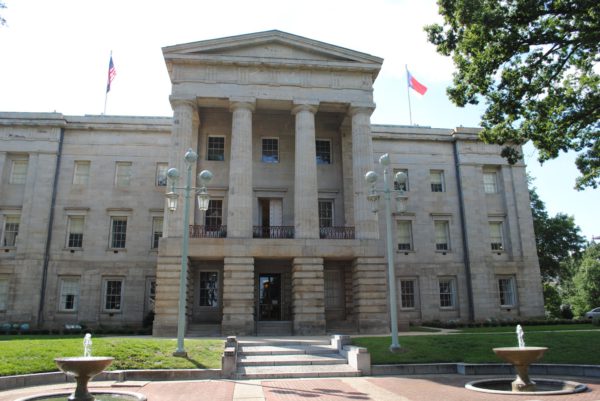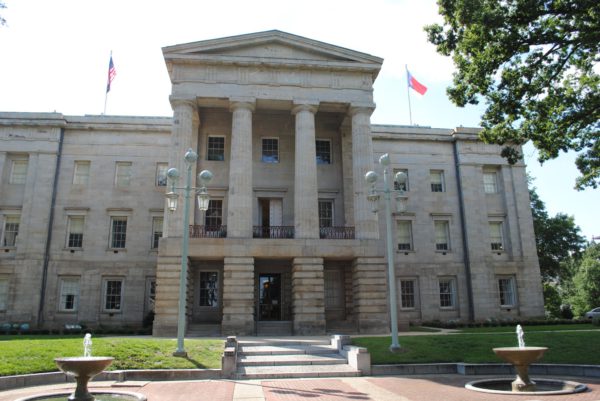

RALEIGH, NC. – The North Carolina General Assembly has tabled the “Save Women’s Sports Act,” HB 358 an anti-Trans female sports bill for the rest of this legislative session House Speaker Tim Moore told The Associated Press in an interview.
“The House will not be taking up that bill,” Moore said. “We’ve spoken with the bill sponsors and others and simply believe that there’s not a need to take it up at this time.” The Speaker called the legislation “a solution in search of a problem that hasn’t yet surfaced in North Carolina.”
The state’s Democratic Governor Roy Cooper is an LGBTQ+ ally and has also cautioned that he would likely issue a veto which would stand as Republicans majorities aren’t veto-proof and would be unable to override a gubernatorial veto.
Since 2019, the North Carolina High School Athletic Association has received less than 10 requests from teenagers who identify as a different gender than on their birth certificate and seek to participate in formal athletics.
“We’re not really hearing any complaints about that where it’s an issue,” Moore told the AP late Wednesday.
LGBT-rights groups strongly opposed the legislation. Parents and children told a judiciary committee hearing this month that the prohibition would harm transgender girls who want to fit in and would amount to discrimination. No similar bill was filed in the Senate this year The Associated Press reported.
Earlier this week, the Human Rights Campaign President Alphonso David sent a letter to on NCAA President Mark A. Emmert and the Board of Governors to take urgent, meaningful action to stem the anti-trans momentum by withdrawing championship events from states enacting the harmful legislation.
In 2016, the NCAA Board of Governors instructed the association to relocate all seven previously awarded championship events from North Carolina after the vote of HB 2, legislation that eliminated existing municipal non-discrimination protections for LGBTQ people and forced transgender students in public schools to use restrooms and other facilities inconsistent with their gender identity.
The NCAA has continuously stated a firm position that if participating states do not meet the association’s “expectations of a discrimination-free environment,” they will “not hesitate to take necessary action at any time.”
Athletes and other prominent sports figures across the country have continued speaking out against the discriminatory measures. Recently, 500 NCAA student athletes called on the Board of Governors to continue upholding its “NCAA Anti-Discrimination Policy and only operate championships and events in states that promote an inclusive atmosphere.”